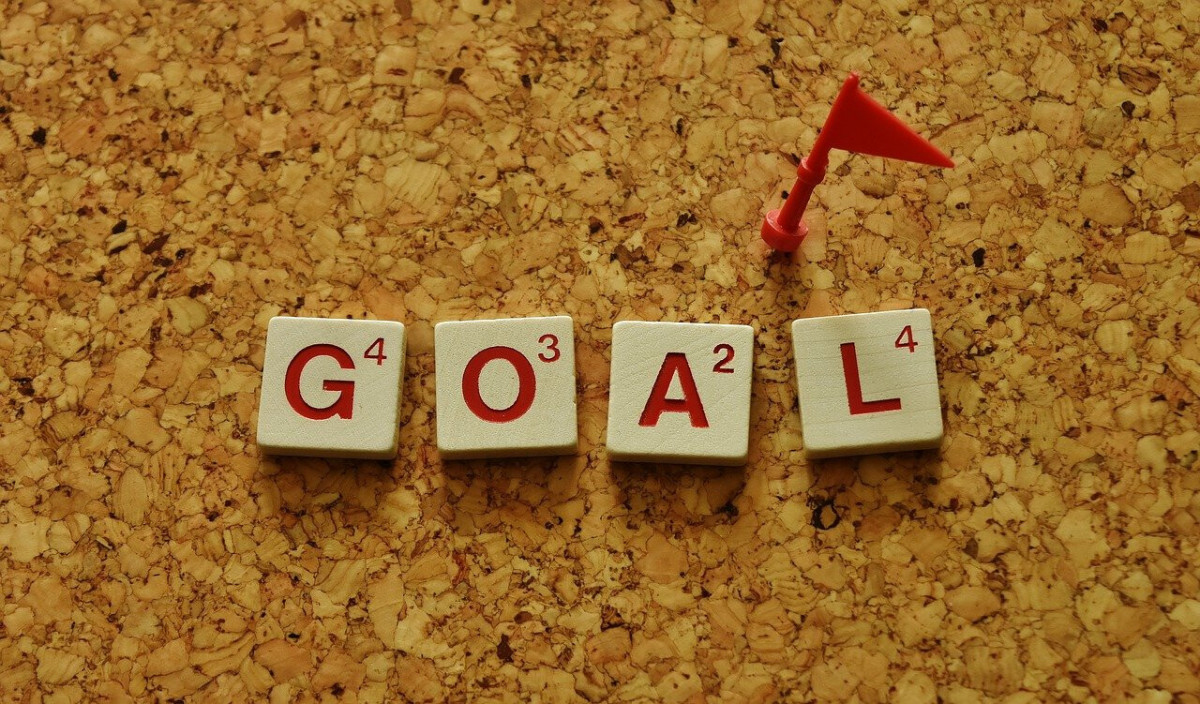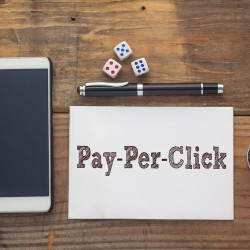In today's world, using traditional marketing methods such as leaflet drops, newspaper ads, and radio campaigns, simply isn't enough.
Your business should also be exploring the digital side of marketing - social media, websites, Pay Per Click (PPC), and so on.
But to do it effectively, you should have a strategy in place. So what is a digital marketing strategy, and what should it consist of?
What is a digital marketing strategy?
Like a normal marketing strategy, it should outline the actions that you are going to take in order to achieve your set goals.
The difference between digital marketing and traditional marketing is campaigns can be tracked somewhat easier and stats updated much quicker, not to mention they can be personalised too.
While templates for these sorts of things are great to help you start, you still need to consider that this is for your business, not someone else's, and it should be written with that in mind too.
With a robust digital marketing strategy in place you can build strategic and successful campaigns, all while making sure everyone is working towards the same goals.
How is a digital marketing strategy different from a digital marketing campaign?
A strategy is like a masterplan - what you are hoping to achieve, how you're going to get there, and what it's going to cost.
A digital marketing campaign is just a part of your strategy. Chances are, you'll have multiple campaigns to meet your strategic goals. A campaign could focus on one particular message or target, but it's more of a stepping stone towards your wider goals.
Let's look at an example of an online figure shop. We'll say that we have a strategic goal to increase website conversions by 25%. A campaign as part of this could be introducing a new popular line of clothing and the marketing around it
You may have:
- An email campaign offering a discount to existing customers
- A social media campaign promoting images of the new line
- A pay per click (PPC) campaign targeting keywords around the new brand
These all contribute to the overall strategic goals, but it's just one campaign.
What should my strategy contain?
There a few must-have sections for your strategy. Sometimes knowing where to start is the tricky part.
A digital marketing strategy isn't all that different from other strategies, but more focused on the digital side of your marketing.
Set your goals
Start at the beginning - define your goals. Goals are important, because if you don't know the endpoint, how do you know how to reach it?

What would success look like to you? If you're running an e-commerce website, your goal could very well be an increase in conversions. If you're promoting an event, it could be an increase in ticket sales.
All goals should follow the S.M.A.R.T. structure. This sets out a few points to consider for each goal to make sure they are sensible.
-
Specific - Is your goal specific enough, or is it too broad? Try to keep it specific if possible so everyone knows exactly what needs to be achieved.
-
Measurable - Is your target measurable? Think about it, if you can't measure it, how do you know if you're achieving it, or close to achieving it?
-
Achievable - How achievable is your goal? Keep in mind where you're at now and where you want to be. If you have a conversion rate of 20% for online sales, is 90% really achievable (and realistic)?
-
Relevant - How relevant is the goal to your overall business goals? If your business goal is to reduce staff absences in a business, does having 5,000 Facebook likes make any difference?
-
Time-sensitive - Set yourself an end date to work to. This will help make it more focused and measurable.
Who are your customers? Build a buyer persona
It's easy to come up with a few things you want to do, but they could completely miss the mark. Coming up with a buyer persona is the perfect way to ensure everything fits together in the best way possible.
Buyer personas are fictional and are just a representation of your ideal clients. Conducting market research, gathering data (e.g. through surveys of your existing clients) will help you ensure the personas are as accurate as they can be.
It's likely that this part will form parts of other strategies or your business plan, but it's worth considering in the context of digital marketing too.
Some businesses may only have one or two, some will have 20 or more - it all depends on who you're targeting and how wide you're casting your net.
Think about your target audience:
- Where are they?
- What do they do for a living?
- What age range are they?
- What are their hobbies?
- Where do they shop?
- What is their income range?
Once you have a good idea of who they are, you should be considering the challenges they face for the goals they want to meet, specifically, issues you can help them with.
To add to that, you can then work out what the best methods of marketing are to reach your audience. For example, if they are parents, perhaps advertising at a supermarket or on a parent-focused website would be a good idea.
What do you do at the moment?
Evaluating your marketing on an on-going basis is important. If you're already doing something which isn't worthwhile (and just a money pit), then it may be that it needs tweaking or shouldn't be done at all.
Let's take Google Ads as an example. Chances are, providing your account has been set up correctly, you're seeing clicks and conversions from this already. But that doesn't necessarily mean it's working as well as it could be.
Sticking with Google Ads, if this is what's recommended and what's believed to be the best way to reach your target audience, then perhaps optimising it further could be an option to improve your results. This is something your marketing agency should be able to help with.
It's a good idea to look at the results of your existing campaigns to try and judge what is working and what isn't. This is where it can be a bit tricky for more traditional marketing methods such as newspapers ads or billboards. Unlike digital marketing, there's no accurate way to see how people are interacting with them. That doesn't mean you should discount them, however - they all have their place!
But when looking at your digital marketing strategy, chances are, you'll be able to have all the figures at your fingertips and ready to work out what's producing results for you.
For a brand new strategy (for example, where you've done no digital marketing before), it's always worth seeking a bit of advice on this to see what's typical for your industry. Or carry out plenty of research - this is where your buyer personas will come in handy!
What's your budget?
The most important part - what's it going to cost, or rather, how much can you spend?

Obviously, this depends on what you're looking to achieve and what methods you want to use. But it's a very important factor that should drive your decisions.
Also consider other resources aside from monetary ones - people, equipment, capacity, etc. If your marketing goes well and you receive a flurry of orders, do you have the staff to handle it?
On another side of this, how much time, and how many people are you dedicating towards your digital marketing strategy?
Conclusion
There are quite a few things to think about here, but piecing it together and fitting it alongside your overall marketing strategy, they should go hand-in-hand.
Plenty of research and monitoring should be done to try and make sure your strategy is as strong as it can be.
But, don't be afraid to ask for help either. You know your business better than anyone, but sometimes putting these things into a document can be tricky. There are plenty of templates online, and there are companies who can help with this too.





